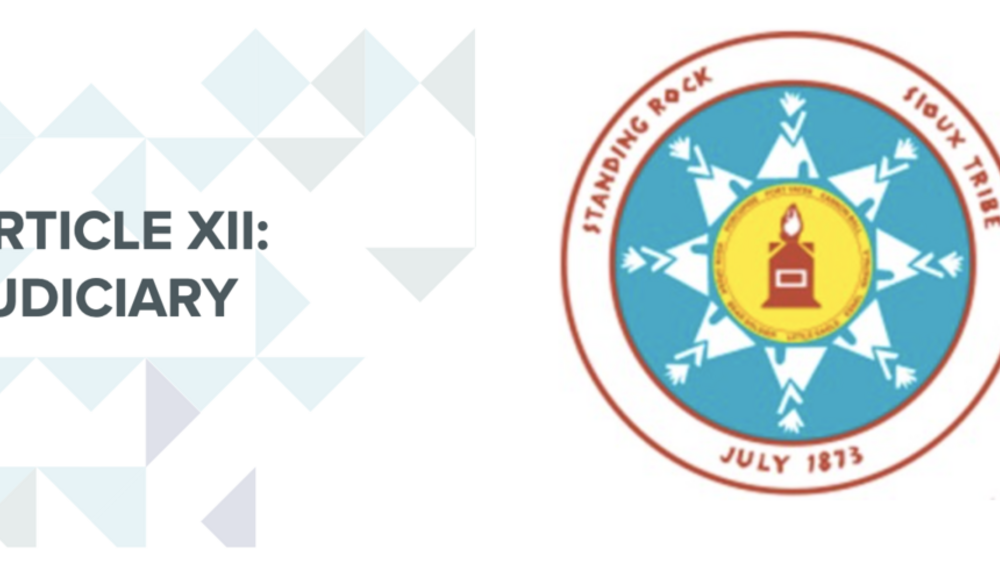Indigenous Governance Database
judicial oversight
Image

Standing Rock Sioux Tribe: Judiciary Functions/Dispute Resolution Excerpt
ARTICLE XII: JUDICIARY The judicial power of the Tribe shall be vested in one Supreme Court and one Tribal Court. The Judges of both the Supreme Court and the Tribal Court shall initially be appointed by a two-thirds majority vote of the Tribal Council to serve an initial term of…
